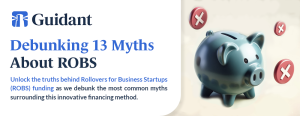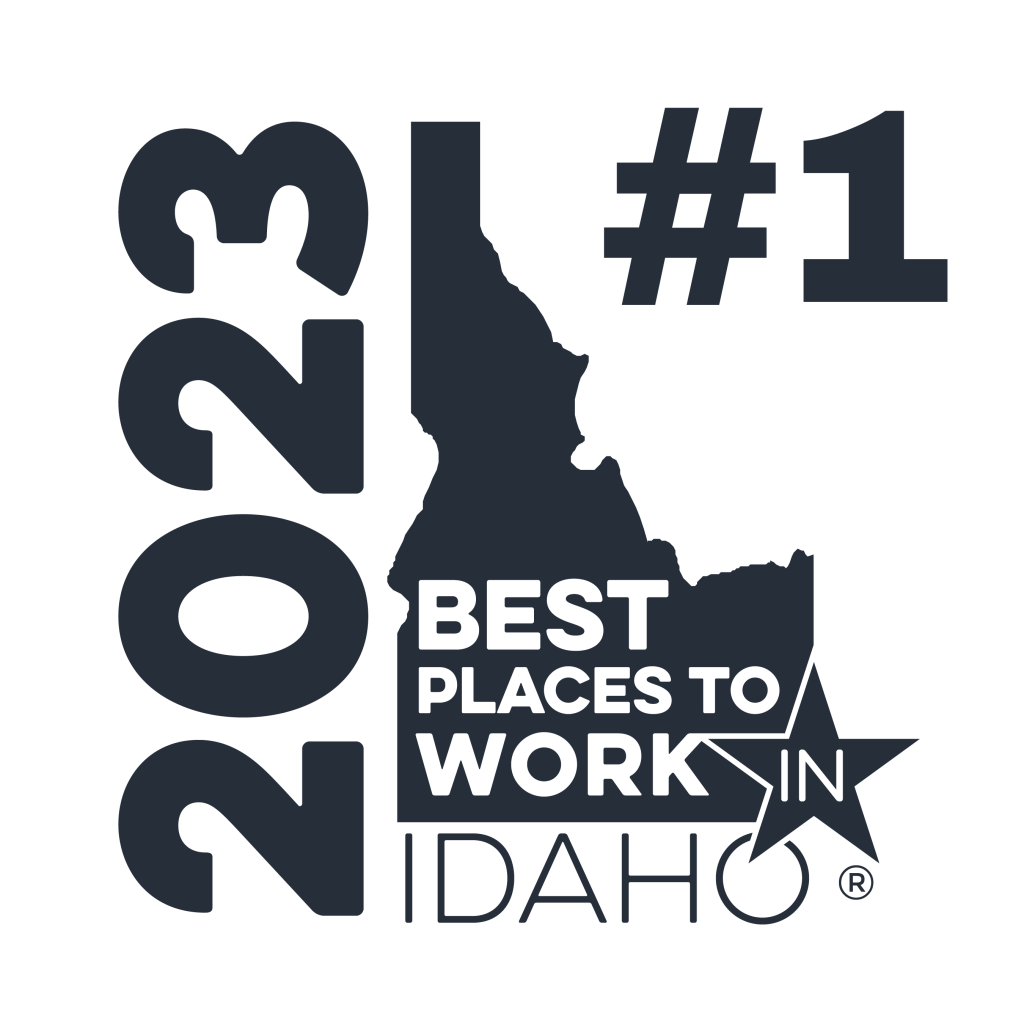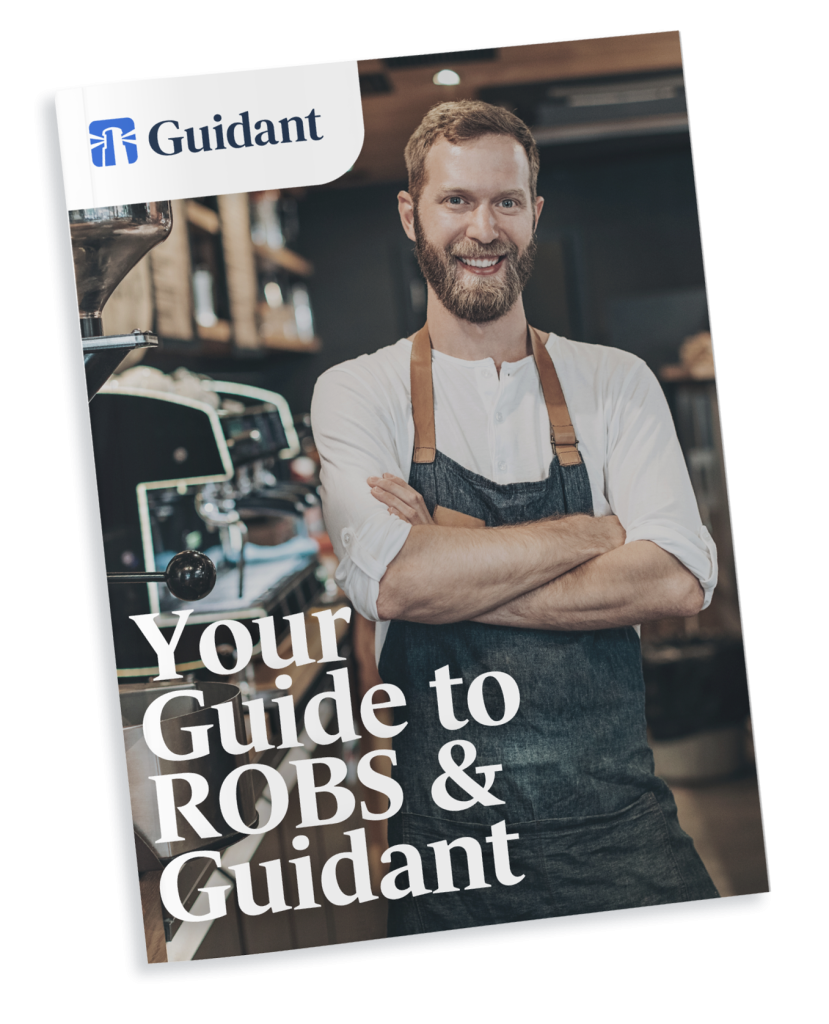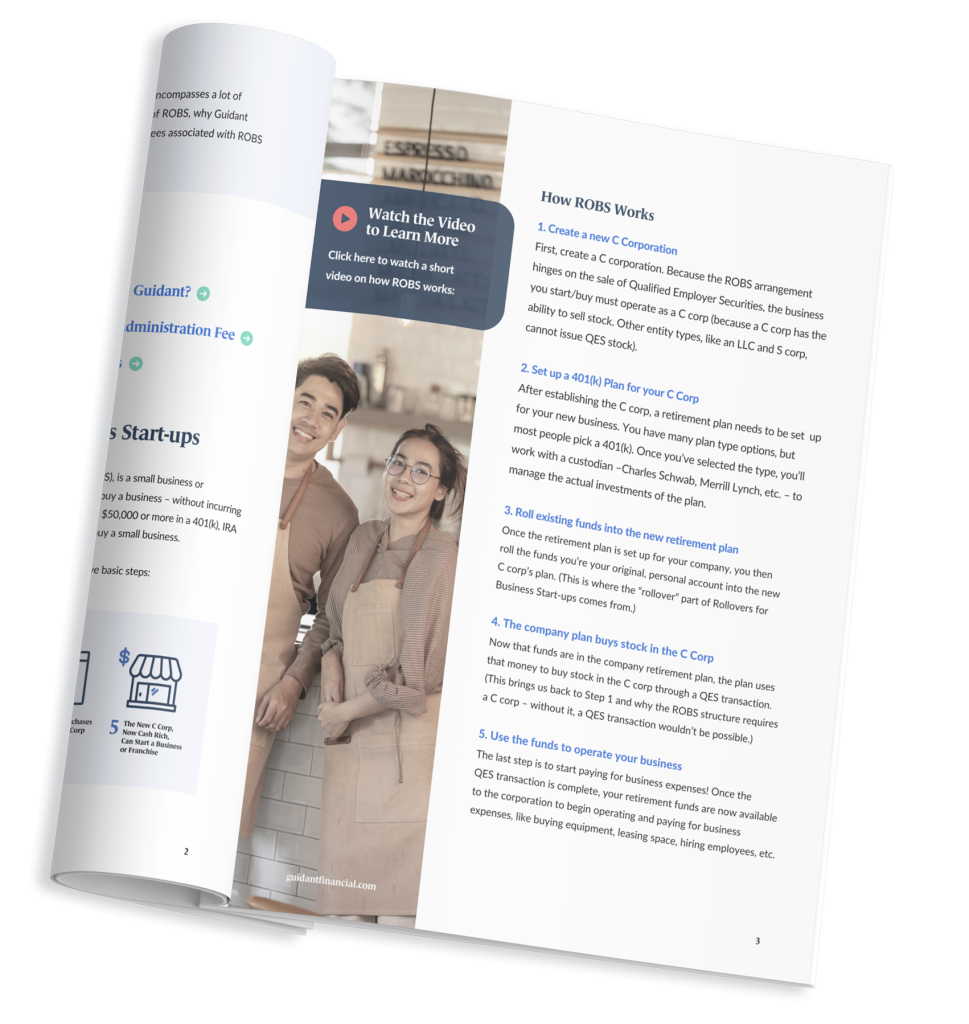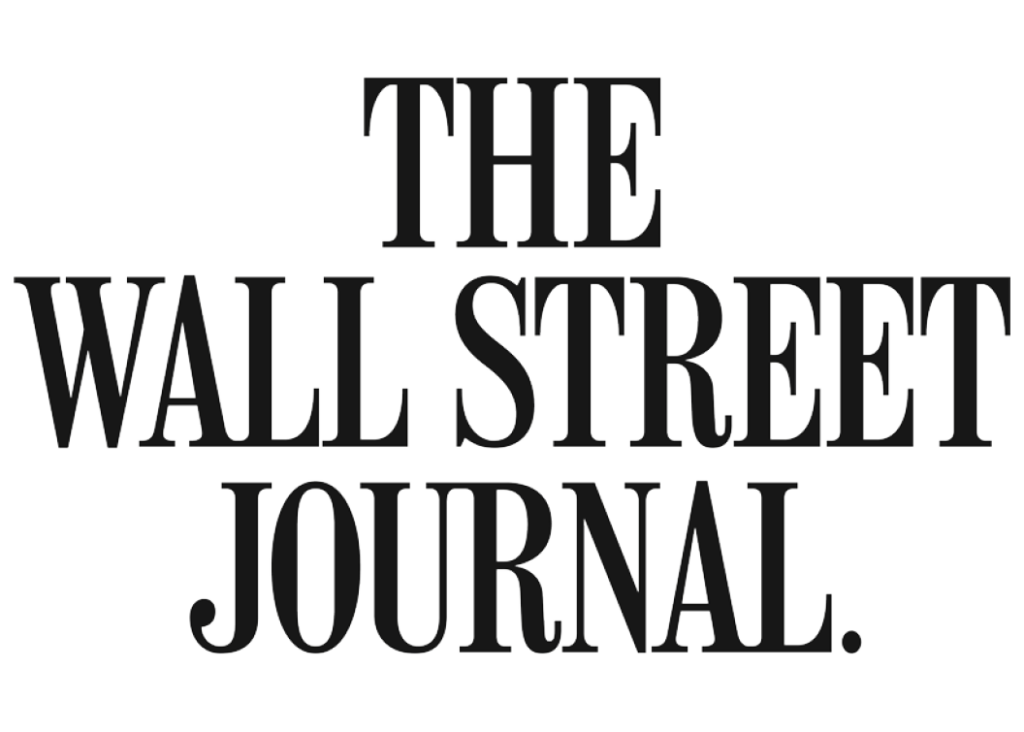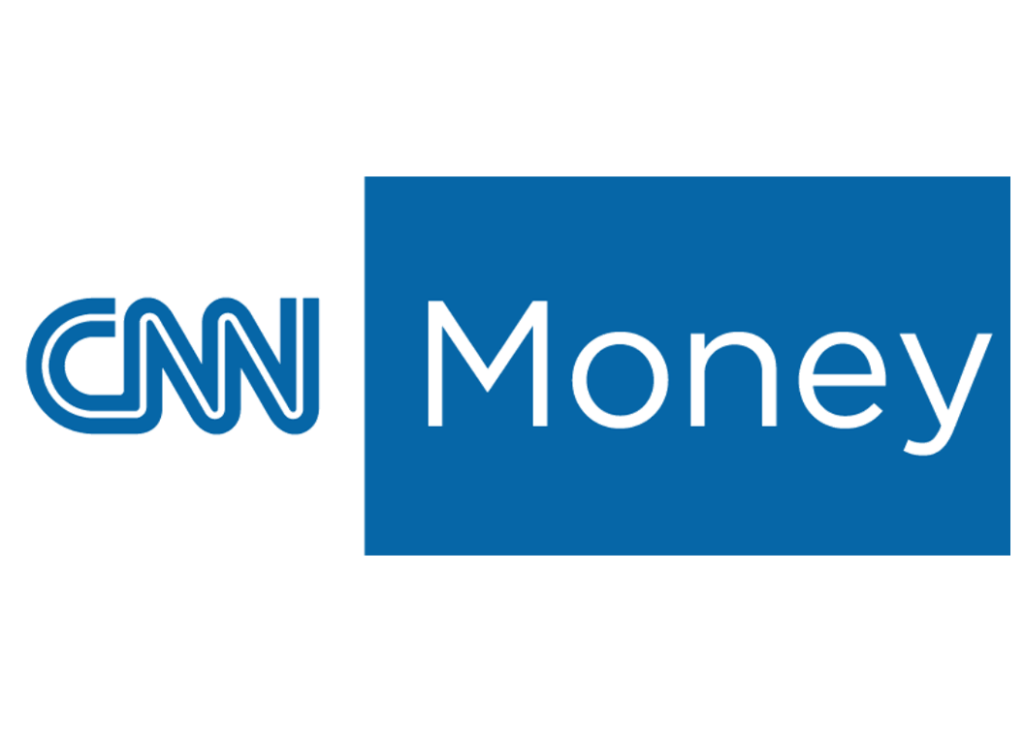Even if you’ve already decided a small business loan is right for you, it’s important to make sure you’re working with the right lender and choosing the best product to fit your long-term needs. In a recent interview, Guidant Financial’s President and Co-founder Jeremy Ames revealed five critical questions an entrepreneur must ask before applying for a small business loan to ensure it’s in your best interest. Let’s take a closer look at those questions and how the answers can impact both your financial future and your business’s success:
1. What is the total cost of funding?
A small business loan is a trusted, traditional method of small business financing and can be an excellent way to open the door to entrepreneurship. However, because the funds are borrowed with interest, you and your business will be in debt from day one — a fact you’ll need to consider as you plan for the long haul.
Determining the total cost of funding is a good place to start. In order words, how much will it cost you in the long run to borrow money? This includes interest rates and any fees. Much like buying a home, this can drastically impact the net amount you’ll pay over time and can have a direct impact on your business’s ability to grow. Typically, there are actions you can take (such as putting up more collateral or improving your credit score) to get a better interest rate and reduce the total expense of funding your business.
2. What, if any, of my assets are at risk as collateral?
Almost all loans require the borrower to provide collateral as security – usually in the form of personal property. Using collateral to secure funding is a great way to get more favorable terms — making it more affordable to make payments while you’re running your business — but there’s also the risk of losing those assets if you default on the loan. If the lender requires you to use your home as collateral, make sure you and your significant other are comfortable with that decision. It’s important to have a clear understanding regarding which of your assets are at risk so there are no surprises down the road.
3. What are the terms and conditions if I default?
Defaulting on a small business loan does not look the same with every lender. For example, a lender may wait 30 days after a missed payment before reaching out or they may wait a couple of months. Defaulting on a loan is stressful but understanding the process can make it manageable. Don’t be afraid to ask your lender about defaulting — it doesn’t mean you think you’re going to fail but you’re preparing for every possible outcome.
As another means of considering all avenues, ask yourself if bankruptcy is something you’re willing to consider, and understand that it doesn’t eliminate issues with your defaulted loan. If you declare bankruptcy, the bank is still able to claim your collateral and it can make future financing a much bigger challenge because of the negative impact bankruptcy has on your credit score.
4. How will the total and monthly repayment cost work into my current and expected cash flow?
While most of these questions are discussions you’ll have with your lender, you’ll also want to talk to your accountant and/or business partner about how the cost of paying back your loan will affect your expected cash flow. Take into consideration that during your first few years of business, you’ll be dealing with start-up costs as well as loan payments. Guidant CEO David Nilssen recommends giving clients incentives to pay in lump sums rather than installments during the first few years of business. This is one strategy that can put you in a better position to pay off your loan on time.
5. What is the amortization schedule of the debt? What period of time will I have to pay the loan back? Will my monthly payments or interest rates change over time?
The sooner you’re able to pay back debt, the more money you’ll save on interest payments. Because your monthly loan payments will have a direct impact on your cash flow, you need to have a firm understanding of how long you’ll be making them, as well as if ballooning payment will impact you (and if so, how much). Think to the future: will you able to make larger payments? Will larger/early payments be applied to the principal balance so it reduces the amount of interest you’re paying? These are all questions to ask in the beginning.
Obviously it’s not desirable to have an interest rate that changes over time (unless it’s going down) since it will affect both the total cost of funding as well as your ability to manage your cash flow. Gain a clear understanding of how your interest rate might fluctuate over time before moving forward with a loan.
Remember the financing you choose will have a lasting impact on your business. Create an open dialogue with your lenders, business partners and financial advisors to ensure you make the best choice for your future.
Ready to learn more about business loans? Get pre-qualified in minutes to learn how much you could qualify for.


